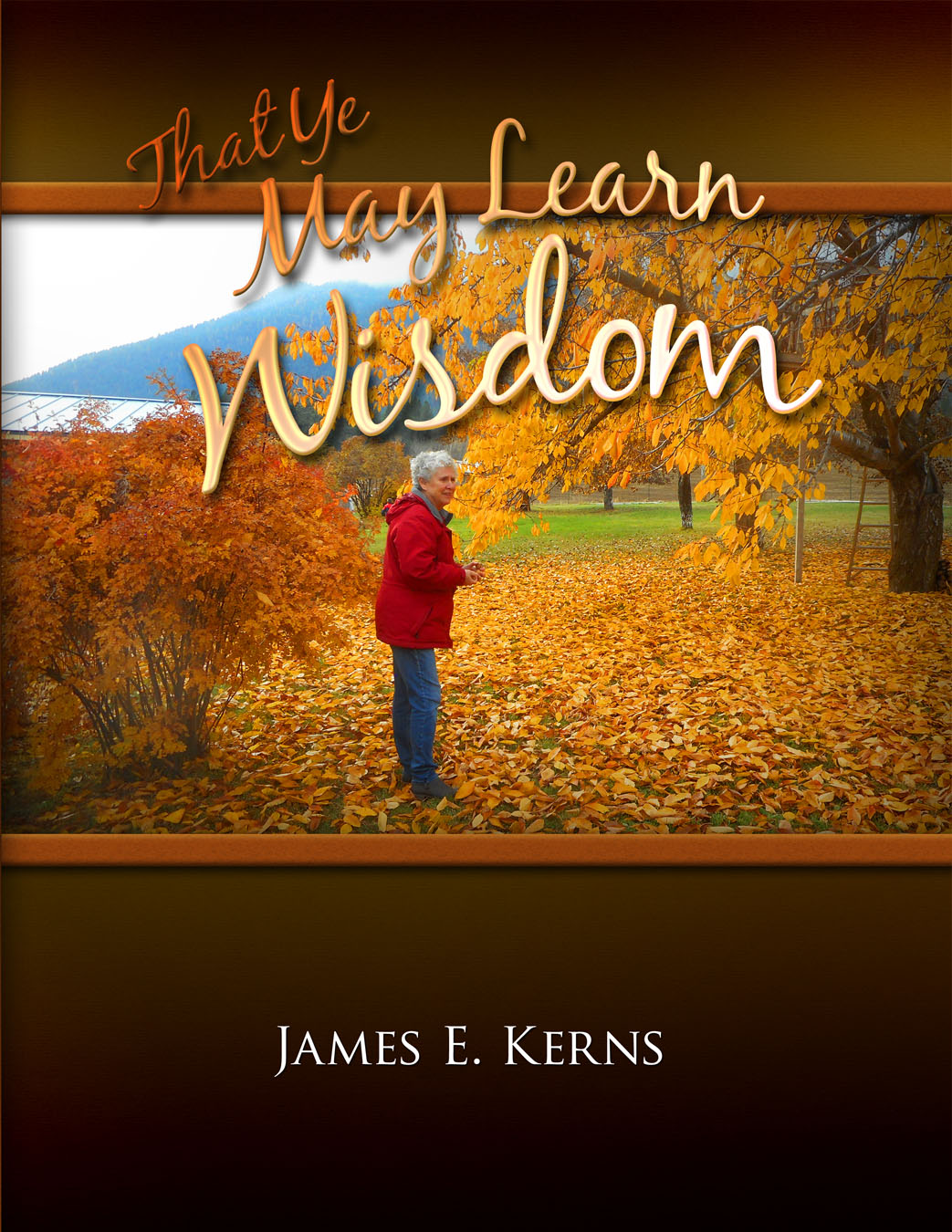Categories: All Articles, Gratitude, Happiness, Joy, That Ye May Learn Wisdom
Can A Coyote Feel Happiness?
I found myself wondering, "Can a coyote (or any animal) feel happiness?" I decided probably not. An animal can feel contentment when its belly is full and its appetites are satisfied; but in order to feel happiness, one must be able to feel and to express gratitude. When one knows from whence one's blessings come, then one can experience not only happiness, but joy.
I don't believe animals know anything about happiness, let alone joy. The rioters in the cities are in the same condition.
Addendum:
I posted the above article to the family by email, and was called to task by my veterinarian son and my sister. Matt said this:
"I don't know about coyotes, but I think dogs know happiness. Surely you have seen one quiver all over with excitement to see a master after a long absence. Don't you think that is even joy? Can you have joy without happiness? I have to believe that happiness is part of their full measure of creation. I think Maggie also shows gratitude. Whenever she gets a special treat she will look me or Kelly in the eye for a few moments before eating it."
Ellen said that she is sure that animals feel emotion. She could tell that her dog felt anxiety when having to go see Matt, the vet. Her daughter's dog plainly felt happiness and anticipation when Mary said to it, "Let's go to grandma's." The dog knew what that meant, and was unable to suppress its excitement. As the car got nearer to Ellen's house, the dog became more and more excited. Upon arrival it was overjoyed to see Ellen, and plainly said to her, "Let's take a walk! Let's take a walk!"
(I should parenthetically add here that my own mother would have vehemently objected to anyone saying to a dog, "Let's go to Grandma's." Though she loved dogs, whenever we would tell our dog to "go to Mom," she would emphatically object, and say, "I'm not its mother!")
Ellen has a little dog named Jade. I like Jade. I told her so as I petted her last week. She smiled. She was smiling all over. There was no other way to describe it. She was feeling pleasure. Another word for pleasure has to be happiness. Jade spent the first two years of her life in a cage, and was not happy. She was depressed. She is a totally different dog now.
My boyhood companion, Chip, was a big German Shepherd. He had a great life, but at about the age of 10, he became depressed. I couldn't cheer him up. One day we were allowed to pick up a truckload of used ties from the railroad right-of-way south of Haines where the railroad workmen had cast them aside. The railroad was beside the highway. Chip walked out in front of a car, and was killed. My impression at the time was that he'd done it on purpose. He committed suicide.
The most compelling evidence which I can think of that animals feel happiness is watching baby animals play. I have seen groups of calves, lambs, and kid goats run and run for no other reason than the pure joy of living. Some of the calves' mothers vainly try to keep track of their babies and keep up with the crowd, but the infectious feeling goes through the whole herd, and one hundred calves run from one end of the field and back again and again. I've also seen piles of baby badgers and foxes playing beside their dens. Baby kittens play and wrestle and run, too.
So, yes, Matt and Ellen, I was wrong. Animals can feel happiness. I guess I knew it all along. Perhaps I was baiting you.
I was envisioning a coyote contentedly lying in a secluded place, in the daytime, under a tree, and I wondered if he could feel happiness or just contentment. In my mind's eye I should have followed him into the night as he and his friends became active and went hunting. For no good reason, other than the happiness of being alive, he started yipping and howling, and telling the world how great life is. His widespread companions all stopped what they were doing and joined in, creating a bedlam of agreement. The next time I hear such a chorus I'll say to myself, "There's a pack of happy coyotes. I'm not the only one that's happy to be alive."
